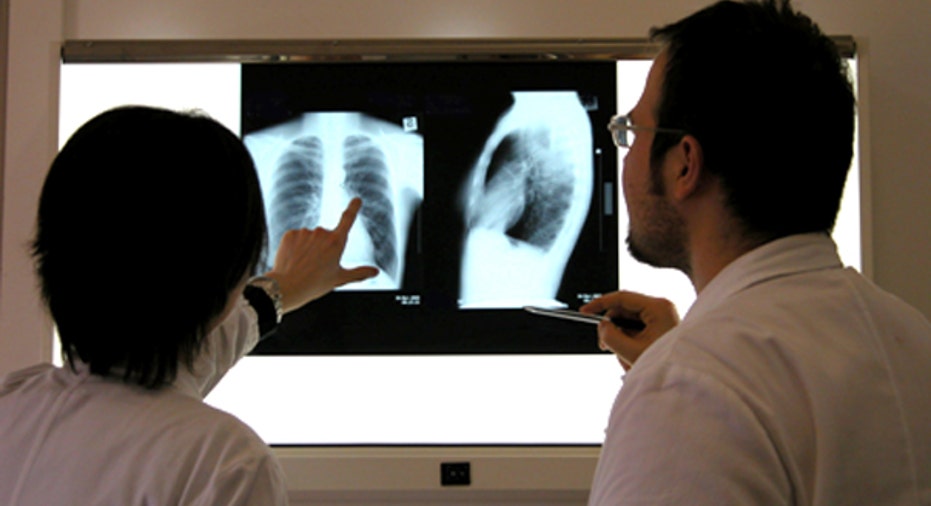Rather than Deal With Health-Care Reform, Doctors Mull Early Retirement

American doctors are increasingly concerned about changes already implemented or coming to the health-care system, and some are opting to retire sooner than planned.
Deloitte’s 2013 survey of U.S. physicians found 57% doctors view changes in the industry under the Affordable Care Act as a threat, and six in 10 physicians report it’s likely that many will retire earlier than planned in the next two to three years. This trend could cause more widespread issues in the health-care system that is already coping with doctor and nurse shortages in some areas of the country.
The survey found these numbers to be fairly uniform among all doctors regardless of age, gender or medical specialty.
Fifty-seven percent also say the practice of medicine is in jeopardy, because the “best and brightest” may not consider a career in medicine under new requirements of the reform.
New Jersey-based family physician Marc Mayer, blames the new electronic medical records requirement under the reform as pushing doctors into retirement early. The Patient Protection and Affordable Care Act mandates practices use electronic medical records to reduce paper work, increase communications and cut costs and errors starting Oct. 1 2012.
“Those one and two-person practices with doctors in their late 50s and early 60s may think it’s too daunting of a change and retire early,” he says. “If they don’t do all of those [required] things, they will be looking at a drop in income.”
Jane Orient, executive director of the American Association of Physicians and Surgeons, says the group has been surveying its members on early retirement and other topics for the past decade and has seen similar responses since the implementation of health-care reform. However, she says the economy will play a bigger role on how many doctors exit their practice.
“Some are looking at concierge models, some doctors will go work for hospitals because they just can’t cope with the crushing load of new regulations,” Orient says.
Physicians also report a decrease in take-home pay from 2011 to 2012 in the Deloitte survey, attributing the haircut to ObamaCare. More than half of respondents saw a 10% or less decrease in their paycheck in the past year. Half forecast that physician incomes will fall dramatically in the next one to three years. Sixty-eight percent of solo physicians report being more likely to have their incomes will fall than those in practices with two to nine physicians (51%) or those with more than 10 physicians (44%).
ObamaCare proposes to save money by “squeezing doctors’ ability to make money,” says Orient. Right now, about 50% of what doctors make goes to overhead costs, she adds, so a 10% cut in fees at doctors’ offices equates to a 20% cut in profits.
“A lot of our doctors are [concerned about profit loss] and say these threats and cuts are draconian. The requirements are impossible and if you combine that with the fact that a frightening proportion are aged 55 and older, many could retire if they wanted to,” she says.
Mayer’s practice, the Avenel-Iselin Medical Group is a patient-centered medical home, and has been able to participate in both Medicare and private commercial insurance programs. In 2013 and 2014, the law requires states to pay PCPs 100% of Medicare payment rates for services.
“They are paying us for care management fees, and we are now being paid for primary care physician services that we have always done but were never paid for.”



















